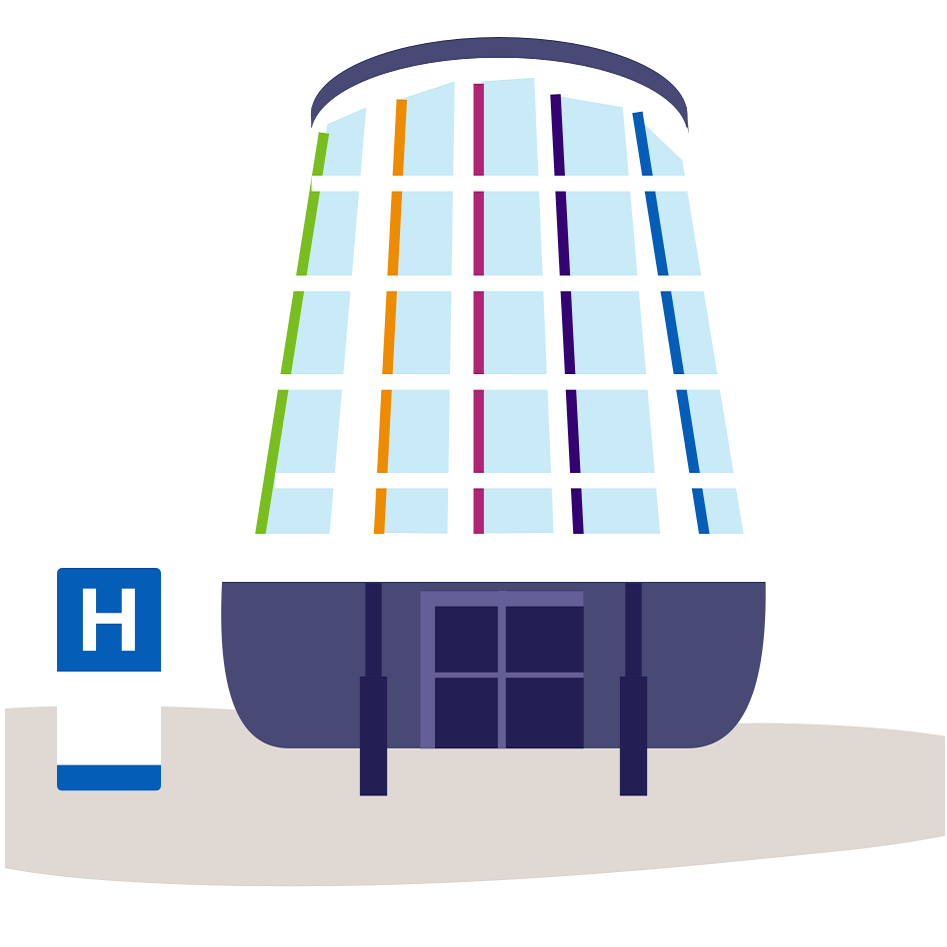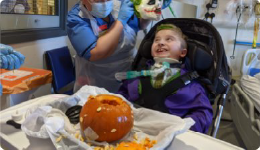Some reflux is completely normal in babies as the muscle at the end of the food pipe, which keeps milk in the stomach, is still developing. Reflux may cause your baby to bring up milk after a feed, and can also give them hiccups.
As long as your baby is growing normally and is not showing any marked signs of distress, there is no need to worry. Baby Centre UK have advice on simple steps you can take to help.
More severe reflux may cause your baby to cry or seem uncomfortable after feeding. This is known as gastro-oesophageal reflux disease (GORD) and means that at times milk and stomach acid flow back up their food pipe causing discomfort.
If your baby is unwell, use the traffic light table in ‘When Should I get Help?’ below to know when and where to get help.














